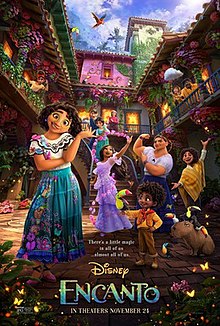
Back to Black chronicles the life and music of Amy Winehouse, through the journey of adolescence to adulthood and the creation of one of the best-selling albums of our time.
It may feel like a step up from recent music biopics like Elvis and I Wanna Dance with Somebody, and may be on par with something like Respect and not quite at the glory of Rocketman. Marisa Abela is great as Winehouse, bringing the young music-loving girl to the screen in the start and the mess of an unstable addict she becomes later in life. But what’s most unbelievable is Abela’s singing which completely captures the one-of-a-kind grandeur of Amy’s voice. There are times when Abela completely disappears and you simply feel the singer alive in front of you. Eddie Marsan gives one of his most memorable performances to date as Amy’s father, while Lesley Manville also brings a lot to the movie as her grandmother. When Jack O’Connell comes in, however, as Amy’s love interest and eventual husband, the film falls into messy melodrama that sinks the runtime and falls into the same traps that many of these biopics suffer from when channeling the artist’s pain and troubles. Winehouse’s journey through love and addiction is filled with cliches, but is empathetic enough for us to forgive her shortcomings. The film also does a great job of incorporating her songs into the film, and best of all, it manages to have its audience actually interact with the subject as a tangible person, rather than just a larger-than-life legend. The more minimalistic approach to the musical biopic gives Back to Black a strong start, but you’ll also have a few too many instances of deja vu, though we’ve certainly seen it done worse. It’s watchable enough for non-fans of the late singer, but for some, it might not stand out among similar films with similar beats that have come out far too recently.

















